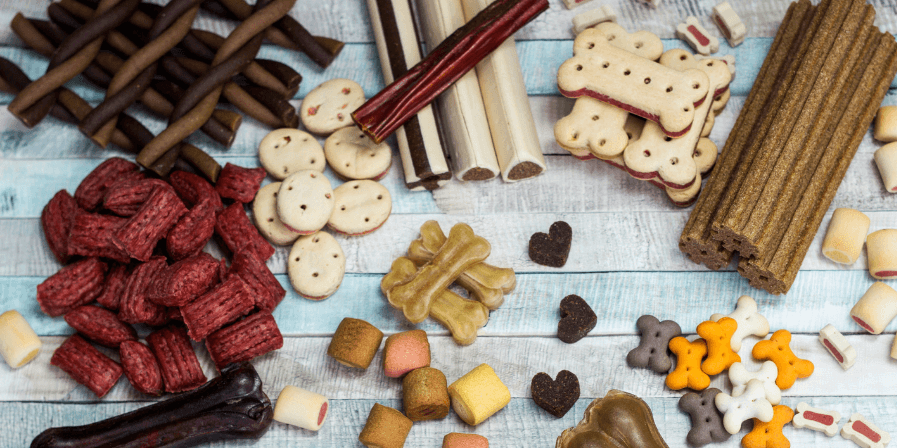The Impact of Changing Diets: Traditional vs. Modern Diets for Indian Pets

The impact of changing diets from traditional to modern ones for Indian pets can have several implications on their health, well-being, and overall lifestyle. It's important to note that traditional diets for pets in India have often been influenced by local practices, while modern diets may include commercially available pet food. Here are some factors to consider:
The Impact of Changing Diets: Traditional vs. Modern Diets for Indian Pets
The impact of changing diets from traditional to modern ones for Indian pets can have several implications on their health, well-being, and overall lifestyle. It's important to note that traditional diets for pets in India have often been influenced by local practices, while modern diets may include commercially available pet food. Here are some factors to consider:
Traditional Diets:
- Natural and Homemade: • Traditional diets often involve homemade food using locally available ingredients. This can include a variety of grains, vegetables, and protein sources like meat or fish. • Natural and minimally processed foods can contribute to the pet's overall health and well-being.
2._ Regional Variations:_ • Different regions in India have unique dietary practices, and this extends to pet diets as well. For example, pets in coastal areas might have more fish in their diets.
-
Limited Nutrition Knowledge: • Traditional diets may lack certain essential nutrients, and the pet's nutritional needs may not be fully met.
-
Risk of Contamination: • Homemade diets may be at risk of contamination or imbalance if not carefully prepared.
Modern Diets:
- Commercial Pet Food: • Modern diets often include commercially available pet food, which is formulated to meet specific nutritional requirements. • Pet owners have the convenience of ready-made, nutritionally balanced options.
2._ Specialized Formulas:_ • Modern pet foods often come in specialized formulas for different life stages, breeds, or health conditions.
- Convenience: • Commercial pet foods provide a convenient and time-saving option for busy pet owners.
4._ Increased Cost:_ • Quality commercial pet foods can be more expensive than traditional homemade diets.
Potential Impact:
-
Nutritional Balance: • Modern diets, if properly chosen, can ensure better nutritional balance, addressing specific needs such as protein, vitamins, and minerals.
-
Health Concerns: • Improper transition or selection of modern diets may lead to health issues like obesity, allergies, or digestive problems.
-
Cultural Shifts: • Changing to modern diets may represent a cultural shift in the way pets are cared for, mirroring trends in Western countries.
-
Environmental Impact: • The production and packaging of commercial pet food can have environmental implications.
Considerations:
-
Consultation with Veterinarians: • Regardless of the diet chosen, consulting with a veterinarian is crucial to ensure that the pet's specific nutritional needs are met.
-
Balancing Traditional and Modern Approaches: • Some pet owners may choose to balance traditional and modern dietary approaches to incorporate the best of both worlds.
-
Gradual Transitions: • If switching diets, gradual transitions can help avoid digestive issues. In conclusion, the impact of changing diets for Indian pets depends on various factors, and it's essential for pet owners to make informed decisions based on the specific needs of their pets, consulting with veterinary professionals for guidance.
FAQ’s:
- _How do I transition my pet to a new diet? _ A gradual transition is recommended to avoid digestive upset. Mix the new diet with the old one over a period of several days, gradually increasing the proportion of the new diet.
2._ Is it necessary to consult a veterinarian before changing my pet's diet? _ Yes, consulting with a veterinarian is crucial to ensure that the chosen diet meets the specific nutritional needs of your pet and to address any health concerns.


 How can we help?
How can we help?